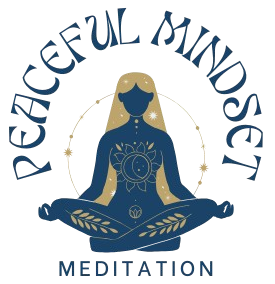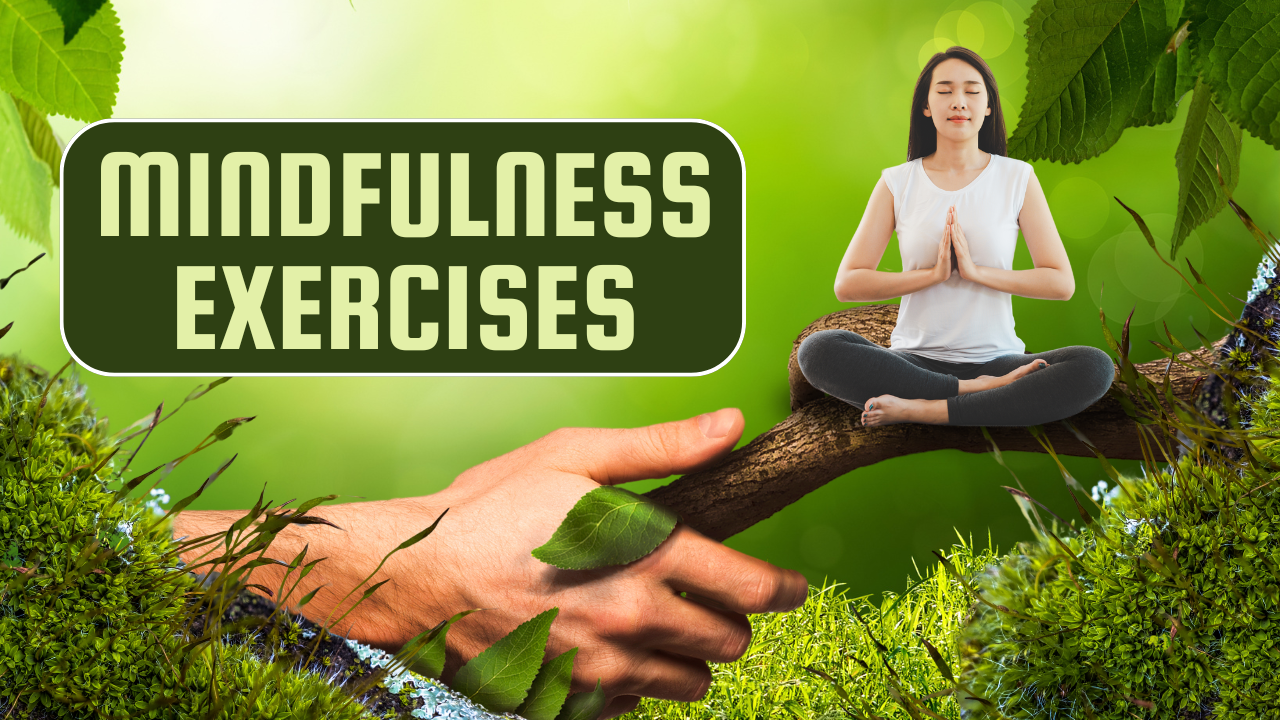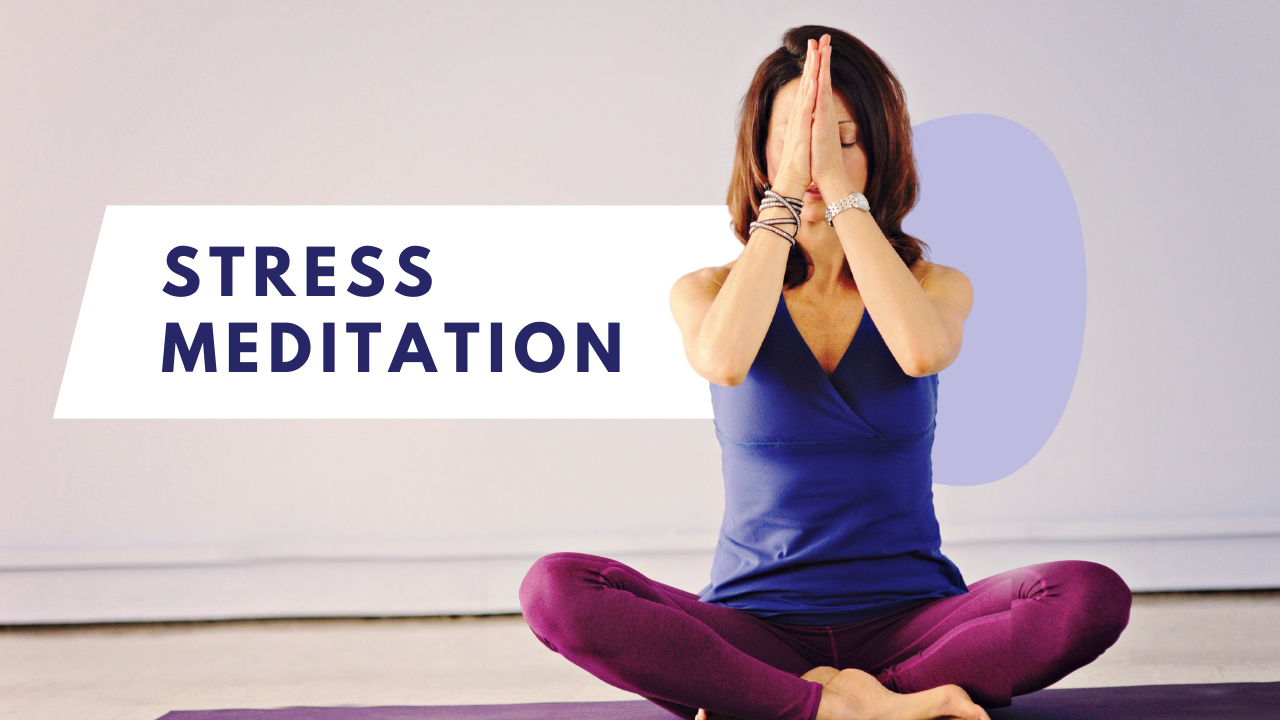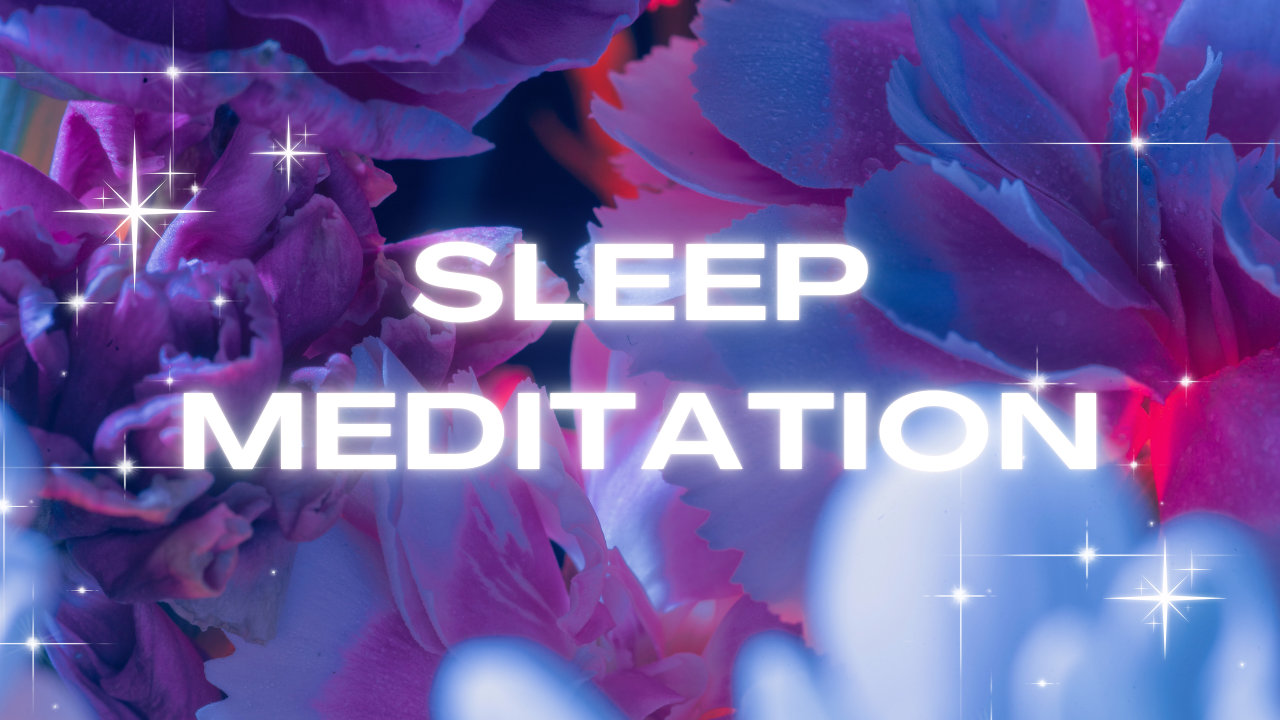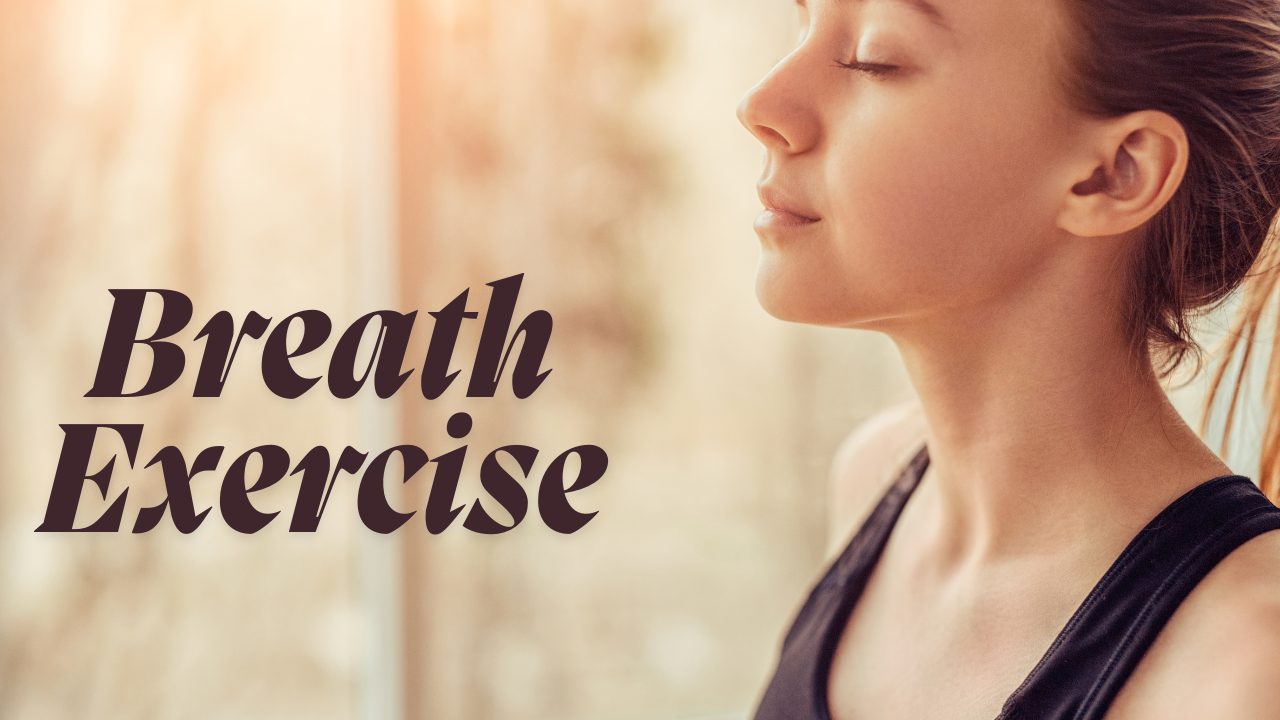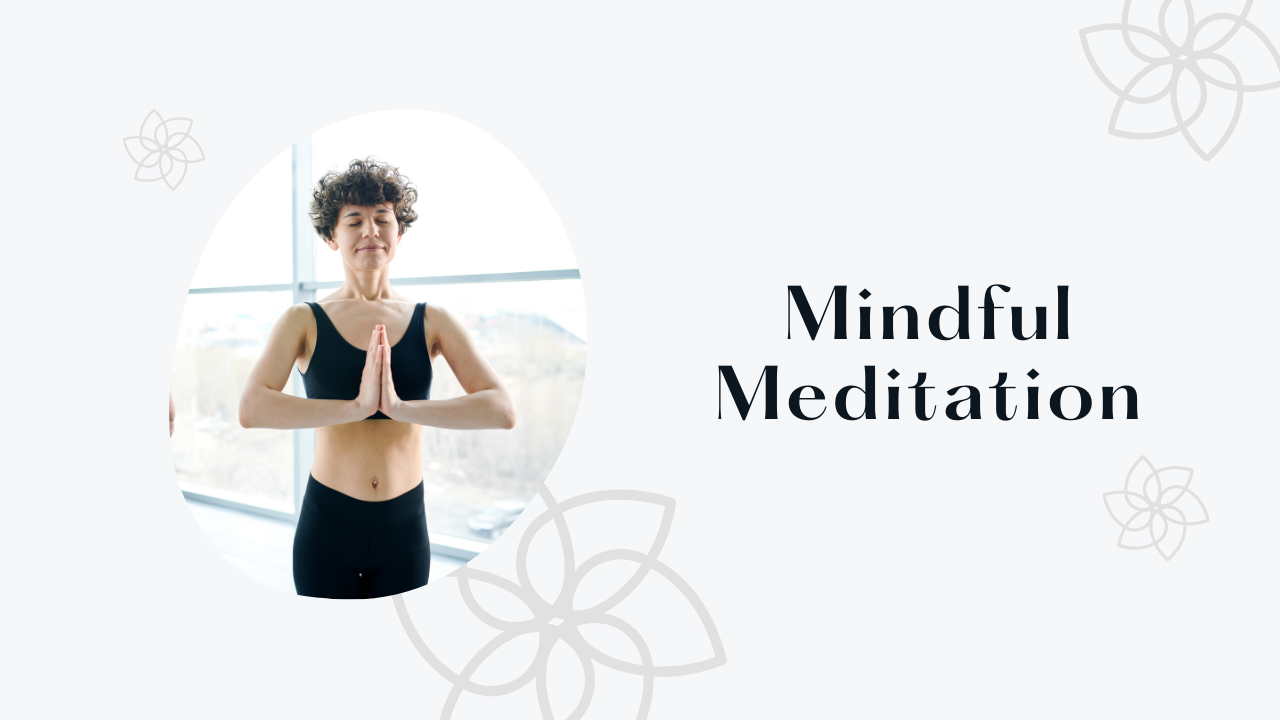Mindfulness Exercises: An Uplifting Guide to a Calmer Mind
Stress and diversions are all around in the fast-paced society of today. Staying present and concentrating on the now might be difficult, but practicing Mindfulness Exercises can help improve focus and bring calmness.
Mindfulness practices help with that. Mindfulness is the practice of being completely present, conscious of your location, activities, and feelings without judgment. It promotes general well-being, stress reduction, and improved concentration.
Should you be unfamiliar with mindfulness, relax! These easy activities will get you going.
Deep Breathing Practice with Mindfulness Exercises
Among the easiest and most powerful mindfulness practices is deep breathing. It brings you into the present now, helps to calm your nervous system, and lowers stress levels.
How to go about it:
Sit or recline in a comfortable posture.
For four seconds, inhale deeply via your nose with your eyes closed.
Breathe in through your nose for four seconds, then hold it.
For four seconds, gradually breathe out from your mouth.
For a few minutes, concentrating just on your breath, repeat this.
Body Scan Meditation
This practice, often part of Mindfulness Exercises, increases your awareness of physical feelings and tension release.
READ MORE: Mindful Meditation
How to go about it:
Close your eyes and lie down or sit comfortably.
Breathe deeply many times.
Concentrate on your toes and observe any feelings, tension, or relaxation.
From your feet to your head, gradually shift your focus up through your body.
Should your thoughts drift, softly return it to your body.
Eating with awareness
Mindful eating is one of the powerful Mindfulness Exercises that’s about experiencing your meal free of distractions.
Ways to accomplish it:
Select a tiny food item—a raisin, a chocolate square, or a fruit slice.
Before consuming, note its texture, hue, and scent.
Put it in your mouth and chew carefully, feeling the flavor and texture.
Concentrate on each mouthful and resist hurrying through your dinner.
Walking meditation keeps you in the now and helps you relate to your environment.
Ways to accomplish it:
Look for a calm area to stroll slowly.
Concentrate on every step, sensing your feet contact the ground.
Notice the noises, scents, and sights all around you.
Should your thoughts wander, softly bring your attention back to your walking.
Gratitude Exercises
Practicing thankfulness is a key part of Mindfulness Exercises that changes your emphasis to good things in your life, hence enhancing mood and lowering stress.
Ways to accomplish it:
Every morning or night, jot down three items you appreciate.
They could be significant items like supporting friends or little ones like a nice cup of coffee.
Pause to sincerely value every single one.
Mindful listening
Mindful listening strengthens bonds with others and helps to enhance relationships.
Ways to accomplish it:
Concentrate totally to their words while someone is speaking to you.
While they are speaking, try not to consider your reaction.
Watch their emotions, facial expressions, and tone.
Think and answer without distraction.
Seven. Five Senses Exercise
When you are nervous or overwhelmed, this fast exercise helps you center yourself.
How to go about it:
Five items visible to you
Four items you may touch
Three sounds you can hear
Two items you can smell
One item you may consume
This grounds you in the now and soothes the mind.
Meditation on Letting Go
Clinging to bad ideas could be exhausting. This meditation enables you to let go of them.
How to go about it:
Close your eyes and sit in a calm area.
Imagine the sky or a river.
Think of your concerns as leaves drifting down the river or clouds passing past.
Acknowledge them without judgment and let them float away.
Mindfulness through Journaling
Recording your ideas helps you clarify and process feelings.
Ways to accomplish it:
Write for 5–10 minutes each day.
Concentrate on how you feel, what occupies your thoughts, or highlights from your day.
Just write freely; don’t let grammar bother you.
Ten. Guided Meditation
Guided meditations might assist you if you struggle to meditate alone.
Ways to accomplish it:
Find a guided session using YouTube or a meditation app.
As the speaker guides you through a mindfulness exercise, follow their voice.
Select a session according on your need, such stress alleviation or improved sleep.
Last Reflections
You can easily include Mindfulness Exercises into your everyday life. A few minutes a day can significantly change things; you don’t have to meditate for hours. Consistency is essential whether your beginning is with thankfulness, mindful walking, or deep breathing. With time, mindfulness will enable you to feel more focused, calmer, and more in touch with yourself and the surroundings.
